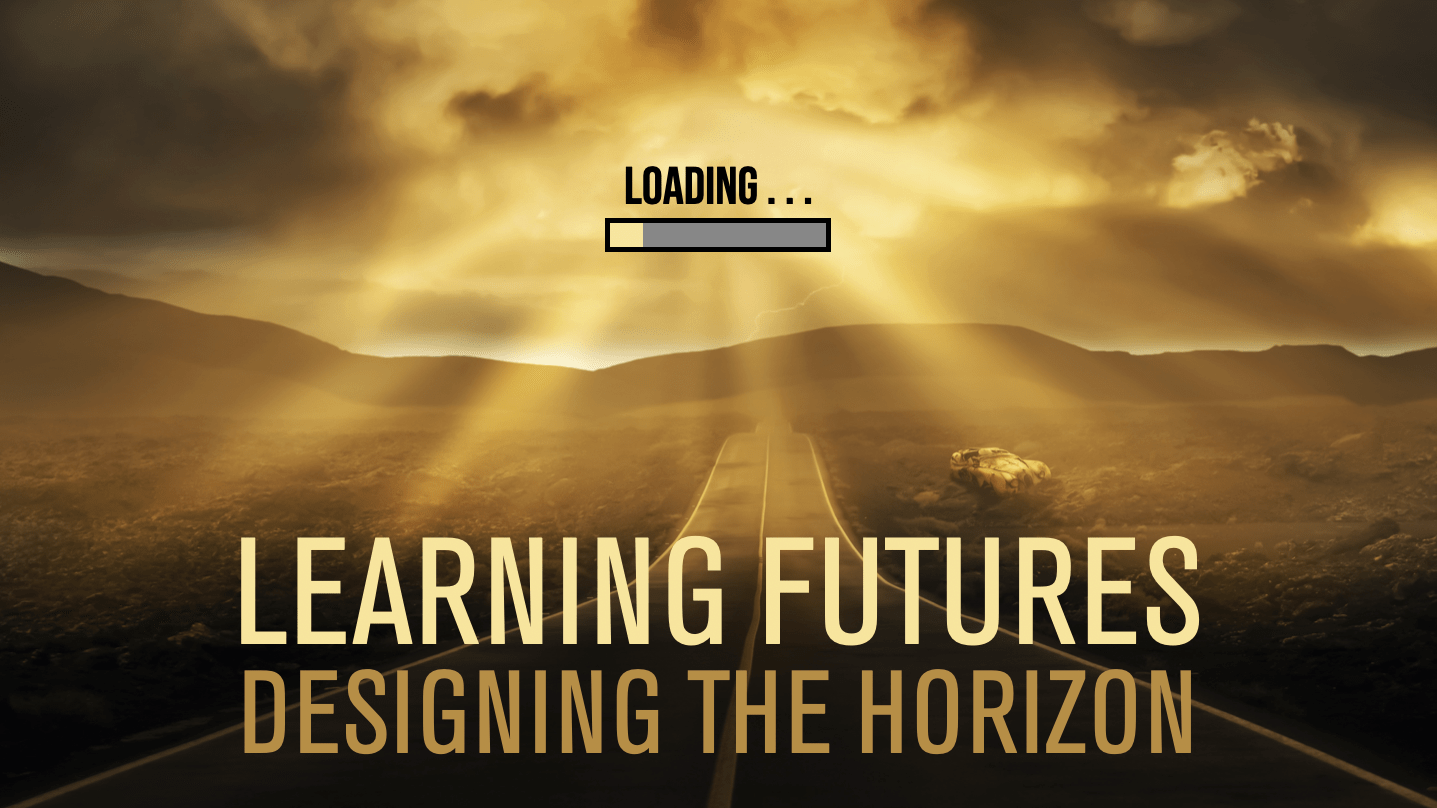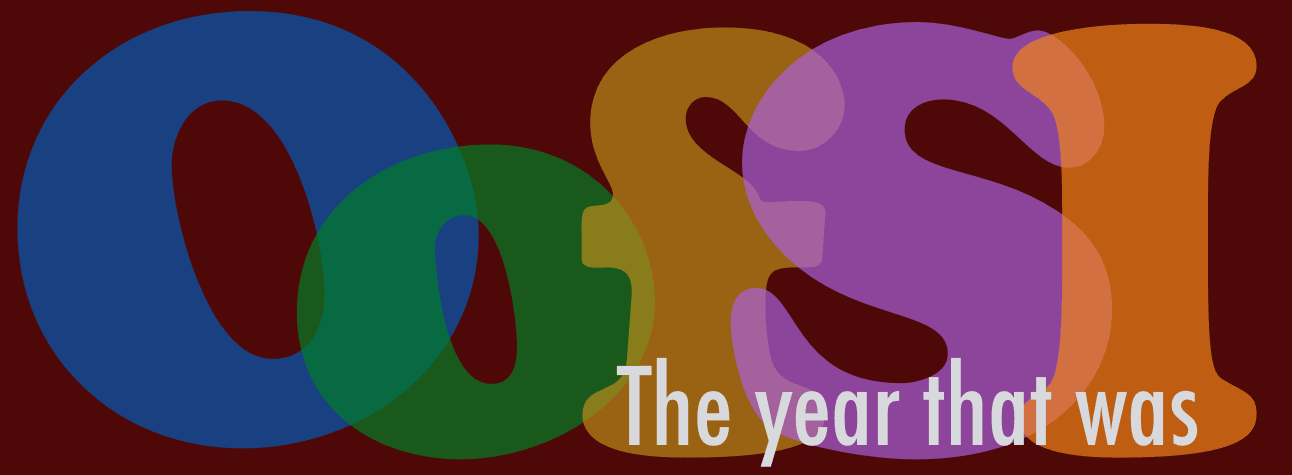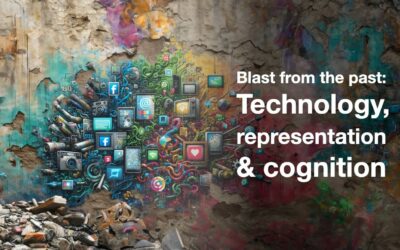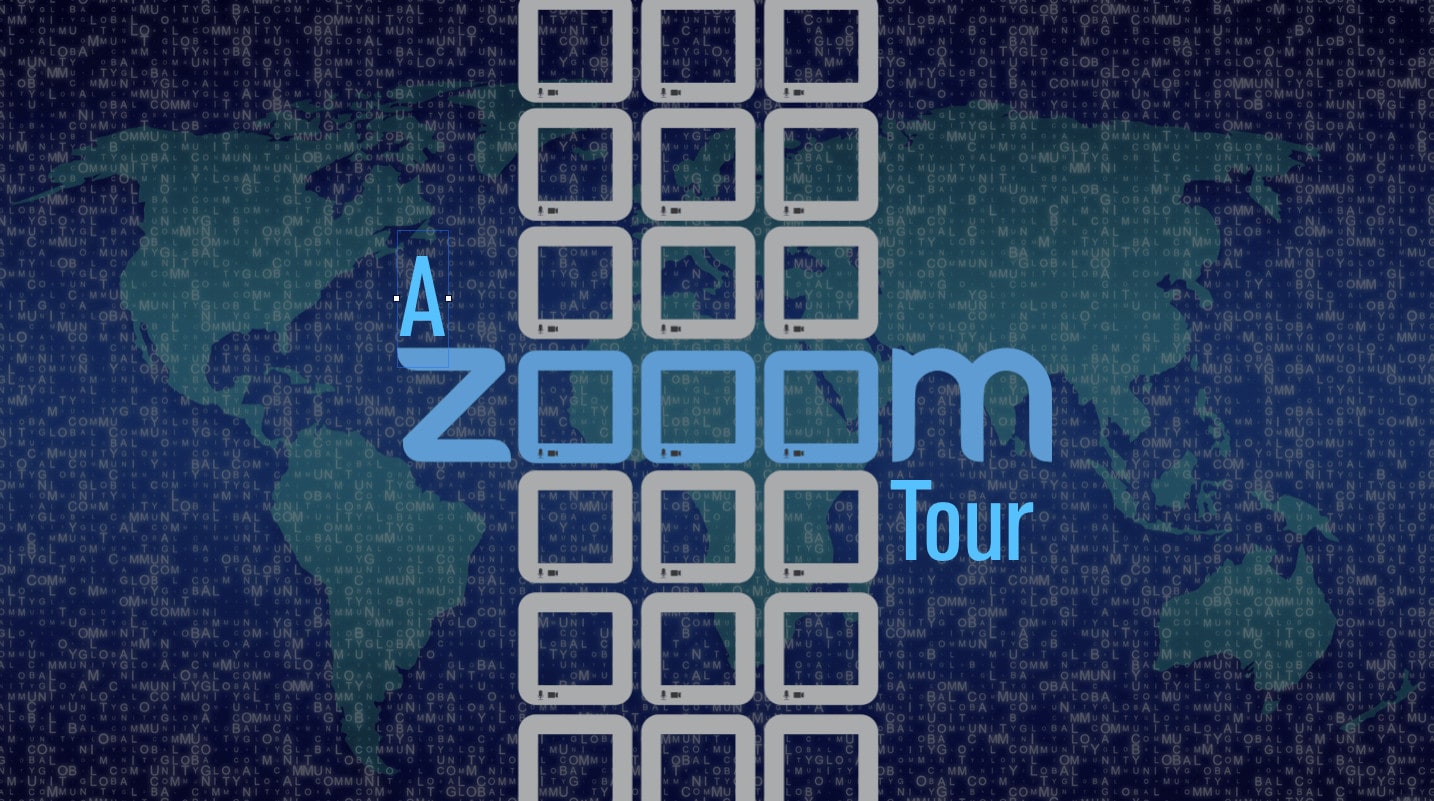… or just narrow?
I just discovered Britannica blog, a pretty lively virtual space for intelligent discussion. How I had not come across it earlier is a mystery – but again that is the beauty of the web.
Anyway, there is an ongoing discussion there about how the web influences what we do. A provocative argument (based on data) being put forth by James Evans is regarding the influence of the availability of electronic resources on the research process.
As he says:
Recent research into library usage has measured the use of print and electronic resources, database access logs, circulation records, and reshelving counts. All agree with the obvious: print use is declining as electronic use increases, and because online indexing is much richer and more efficient than print, readers are much more likely to search online.
But did faster and easier really mean better and smarter?
Based on his research, he argues that though “searching online is more efficient, and hyperlinks quickly put researchers in touch with prevailing opinion, but they may also accelerate consensus and narrow the range of findings and ideas grappled with by scholars.”
I am not sure I quite agree with this. It seems to me that as more and more journals (and more importantly journal archives) go online, accessing information that was earlier difficult to get to (information that can be contrary to the prevailing opinion) is more easily accessible. So in some sense, Evans’ findings may be a function of where we are today, where more current offerings are available online and archival materials have not yet made it to the indexes of search engines.
In any case a fascinating set of issues to probe and ponder. Check out Research + Web = More Consensus, Less Diversity (At Least, So Far)





Hmmm, Evans’ ideas sound vaguely familiar….